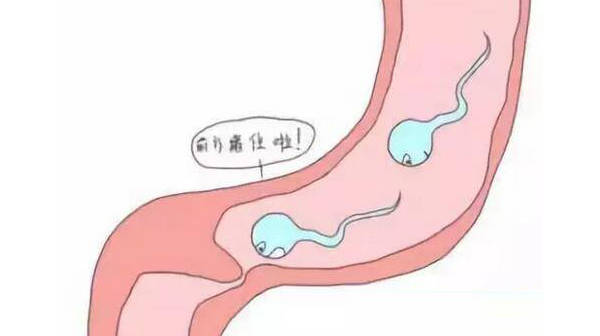Varicocele is a common male reproductive system disease, and its impact on sperm quality cannot be ignored. When a varicocele occurs, poor blood flow leads to an increase in temperature within the scrotum, which directly affects the normal function of the testicles, thereby influencing sperm production and quality.
How can we save declining male fertility? How can varicocele be treated?
The key to fertility in individuals with varicocele is the extent of its impact on testicular reproductive function, which can be assessed through **cytological analysis of exfoliated cells, evaluating the apoptosis rate of sperm in relation to the number of germ cells, morphology, apoptosis, and necrosis to assess testicular reproductive function.
For those who are infertile and have varicocele, if **the sperm morphology is normal, surgery is not needed; if the apoptosis rate of sperm is increased, it indicates that varicocele has caused damage to the testicles, suggesting that if surgery is not performed in a timely manner, it may continue to harm the testicles and even lead to azoospermia.
How can we improve sperm quality?
Limit or avoid alcohol consumption
Alcohol can decrease sperm motility and reduce the number of healthy sperm.
Exercise moderately and maintain a healthy weight
Being overweight may lead to endocrine disorders, increasing the risk of hypertension and diabetes, which can harm fragile sperm.
Eat a balanced diet
A deficiency in vitamin C and zinc in the body can affect sperm activity, while vitamin E is also related to sperm production and reproductive capacity. Therefore, it is essential to have a balanced diet to meet the body’s daily nutritional needs and ensure sperm health.
Avoid exposure to toxic substances
Men who frequently encounter toxic and harmful substances (such as pesticides, insecticides, lead, ionizing radiation, and heavy metals) in their daily work and life have an increased risk of infertility.


